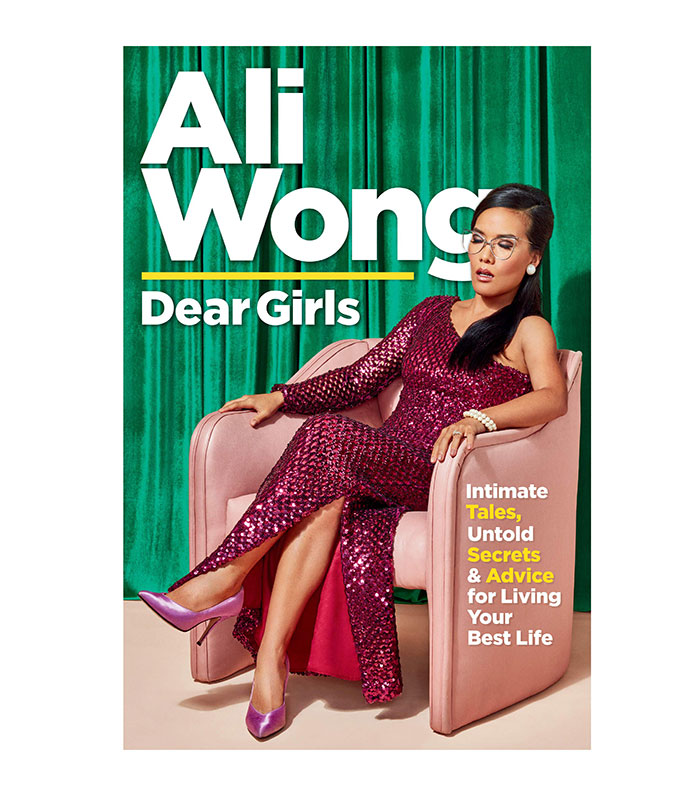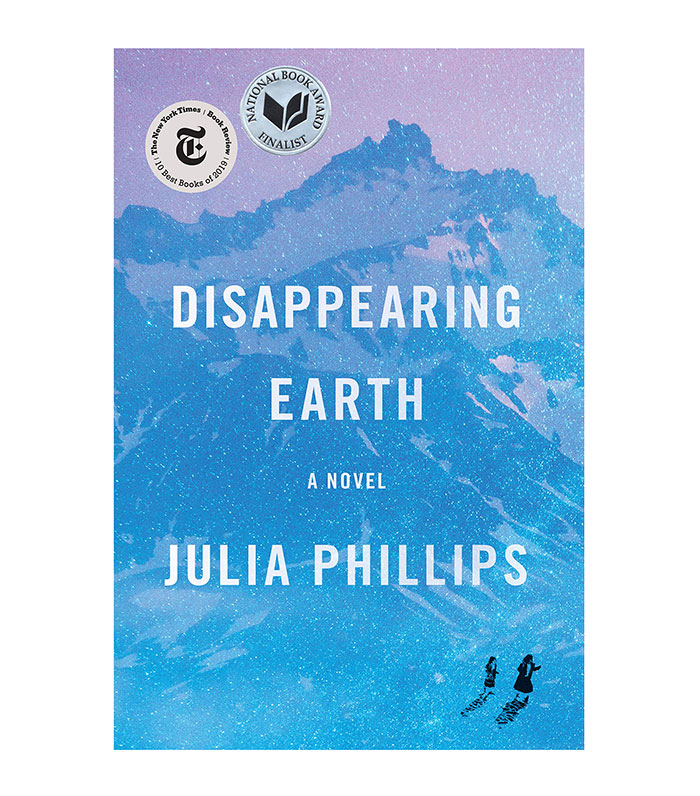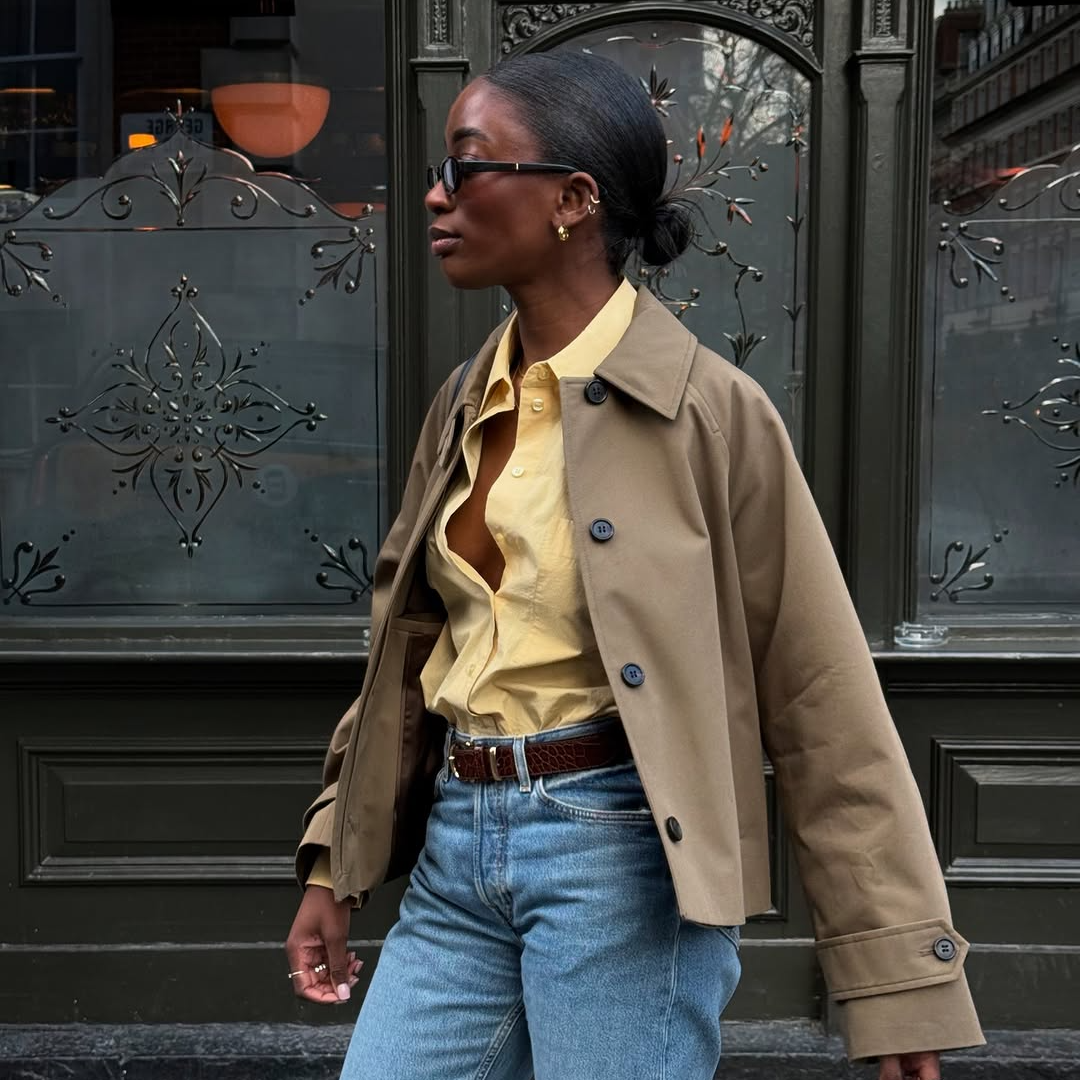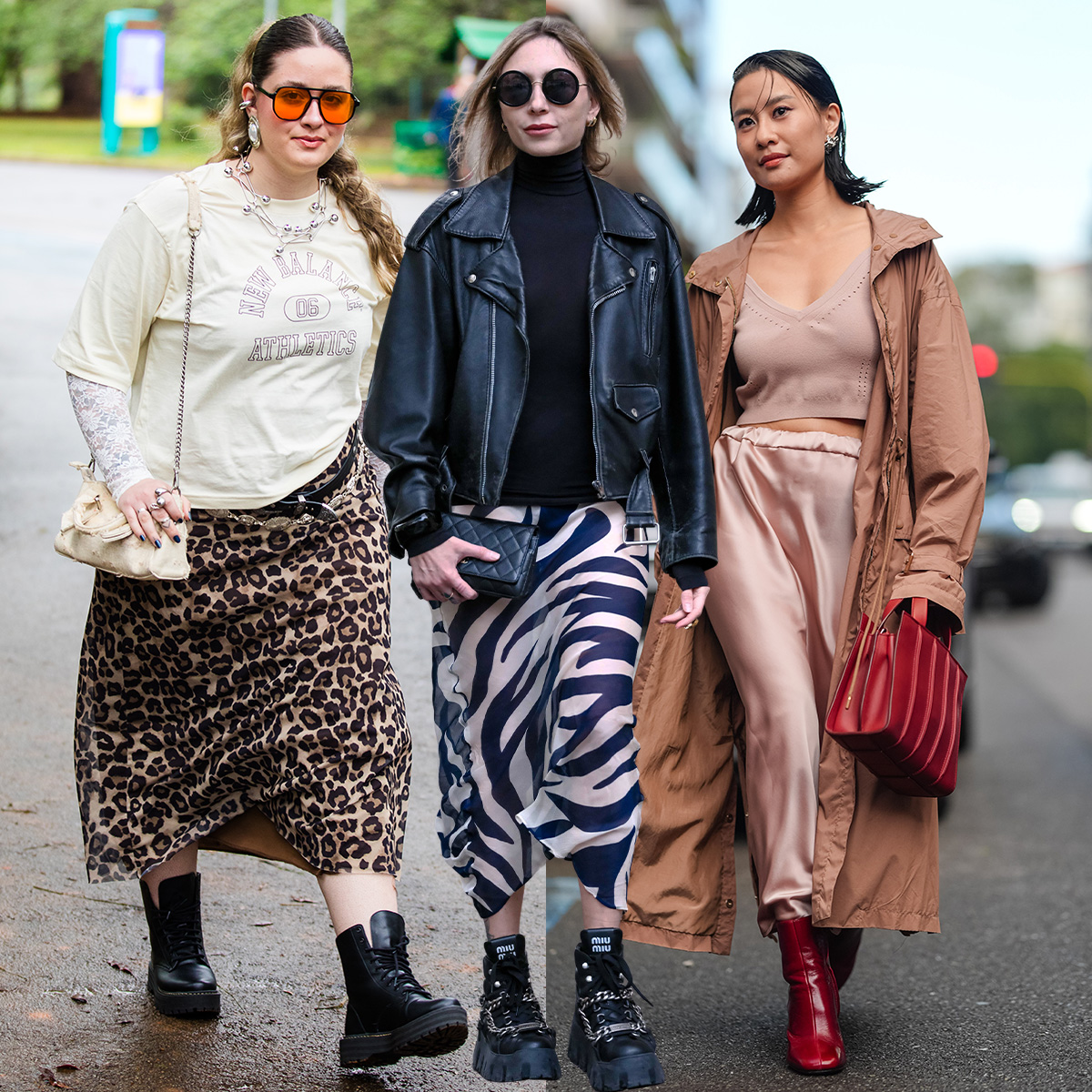I Gave Up Looking at My Phone Before Bed, and Now I Want Everyone to Do the Same
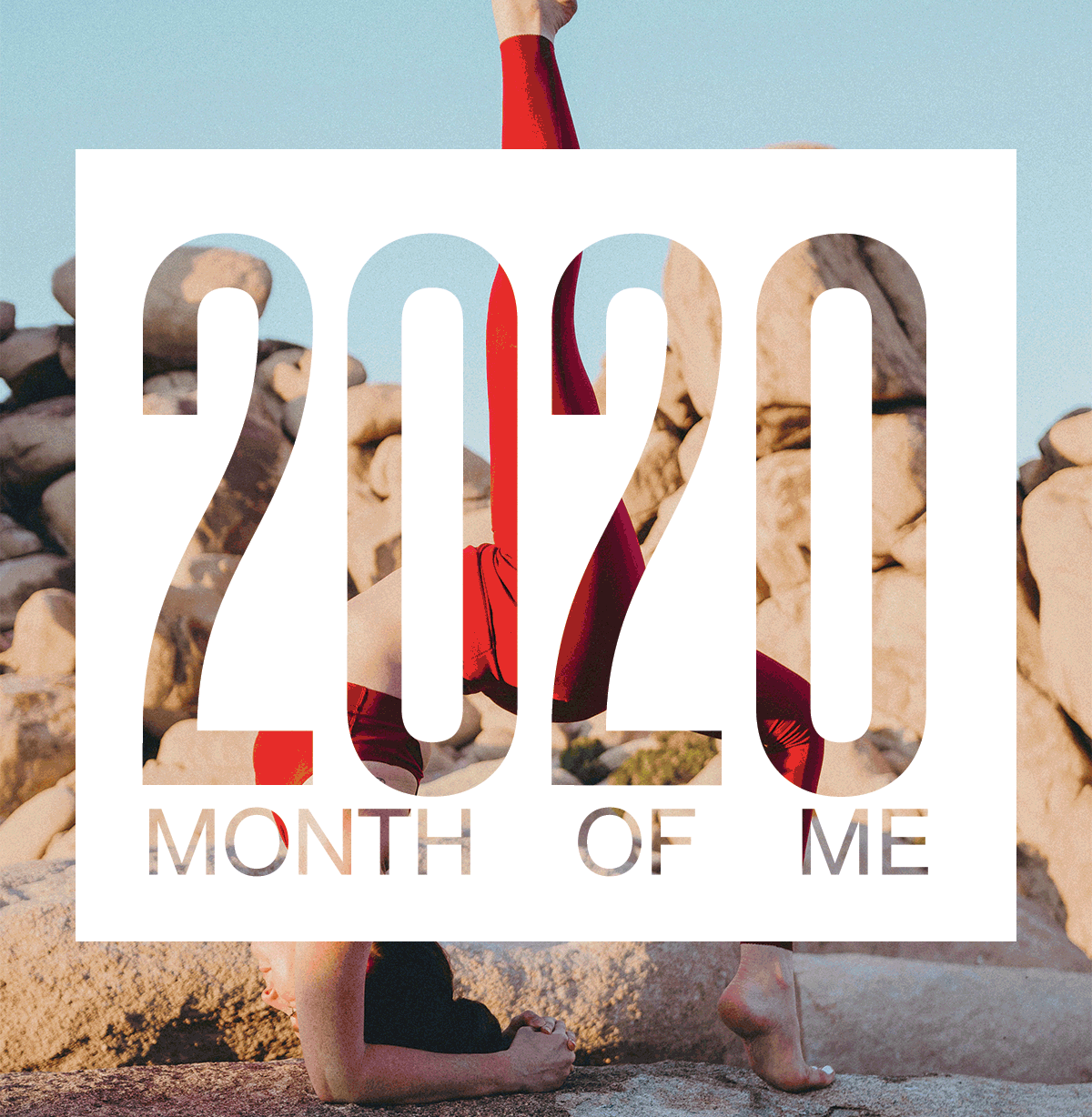
Welcome to Month of Me, where every day in January, we'll be publishing a new fashion, beauty, or wellness article featuring a first-person account of shaking up an old habit, pushing beyond a comfort zone, or simply trying something new. Follow along for 31 days of storytelling, including what it's like to quit alcohol for 80 days, try Beyoncé's very strict diet, or completely overhaul your closet.
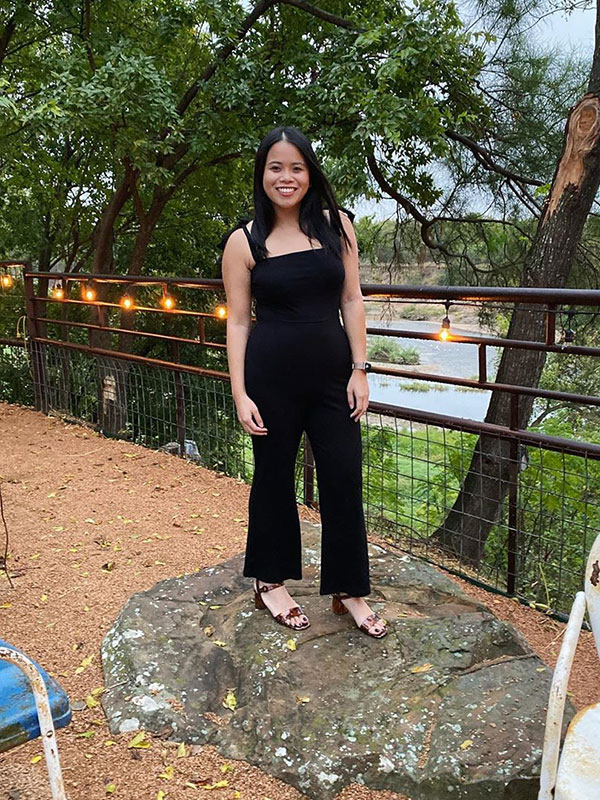
For the longest time, my weeknight bedtime routine was like this: brush my teeth, wash my face and put on my favorite skincare products, pop out my contacts, and get into bed with my phone in hand. I'd be in bed by 10, but don't be fooled—this wasn't my actual bedtime. I wouldn't close my eyes until two or three hours later. What happened during those hours? A lot. I'd be in a Wikipedia black hole, on an endless Instagram scroll, working my way through the New York Times crossword app, or, my favorite way to decompress, playing rounds and rounds of Candy Crush.
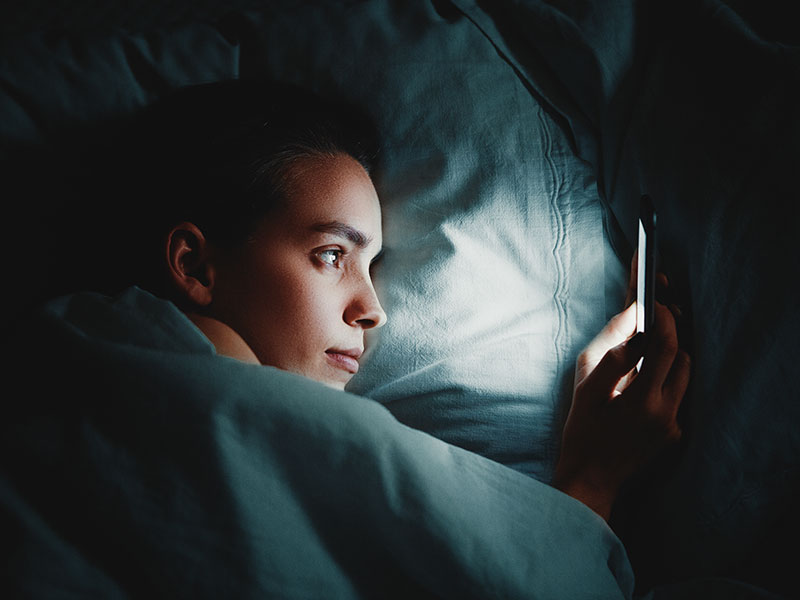
This would continue until I checked the clock on my phone and realized it was midnight or 1 a.m. At that point, I'd make myself put my phone on the nightstand and will sleep to come. But most of the time, I wouldn't fall asleep until about 30 minutes later. My brain would be reeling from what I learned on Wikipedia, or my fingers would be itching to pass another level of Candy Crush. And like clockwork, when I woke up the next morning at 7:30 a.m., I'd burrow into my bed and wish I went to sleep earlier.
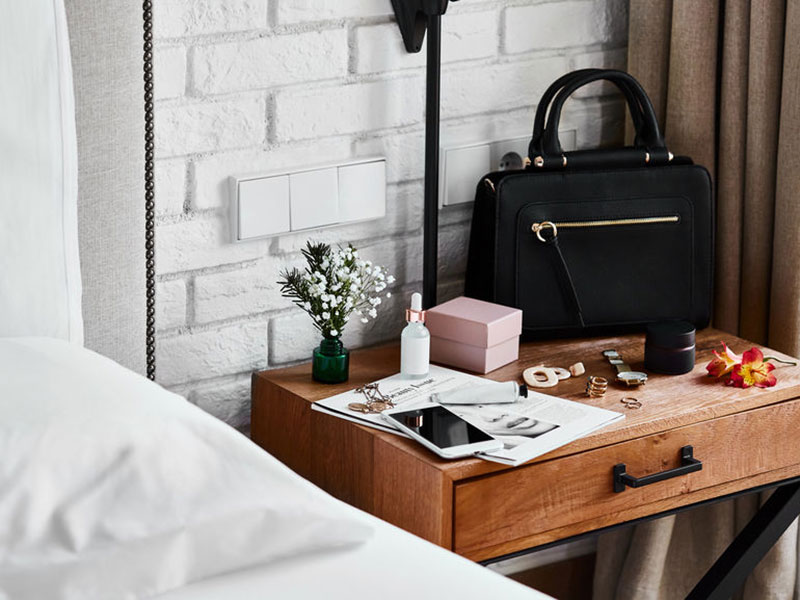
So when it was time to think of how I would want to challenge myself or change up something for Month of Me, I decided it was the perfect opportunity to limit my phone use before bed—and better yet, I would be held accountable for it because I had to write the story and a deadline was looming.
And I didn't do it just for the story, I knew there would be some major health benefits, too. According to the National Sleep Foundation, using electronic devices before bed (TVs, tablets, smartphones, you name it) will mess with your circadian rhythm and prevent the release of melatonin, which is the hormone that helps you sleep. The blue light from the devices is a big culprit because it can keep you more alert and therefore delay your bedtime and onset of REM sleep.
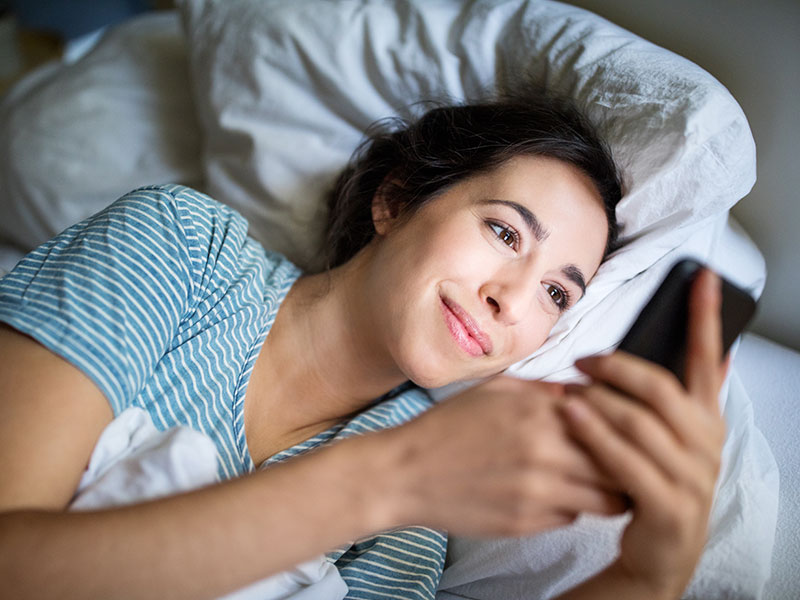
While the prospect of better sleep was so appealing to me, anyone who is addicted to their phone will know how difficult the task was going to be. To help set myself up for success, I came up with some criteria. One hour before my bedtime, I was going to stop using any tech devices, which is what the Cleveland Clinic recommends. To resist temptation, when I put my phone away, I put it inside my nightstand drawer so I wouldn't feel FOMO when it lit up with a notification. And to give me something else to do before bed, I bought some books that were on my to-read list so I would be distracted and entertained. (See some of the books I picked up below.)
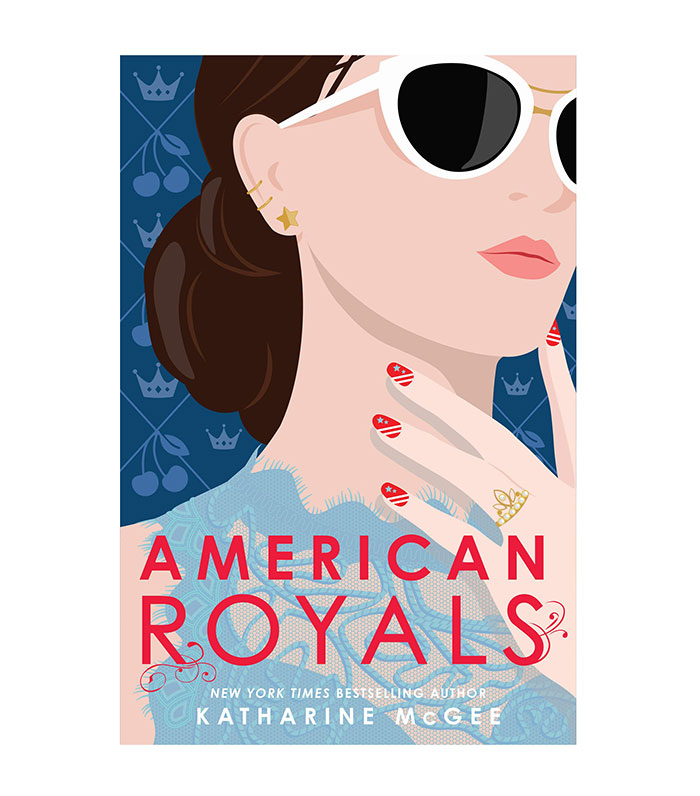
While I'm more of a Kindle person these days, I wanted to be strict with myself and stick to the real deal, so I bought or borrowed physical books. For what it's worth, if you're used to your e-reader, the National Sleep Foundation says something like a Kindle Paperwhite is better than using a Fire or other tablet because it doesn't emit blue light.
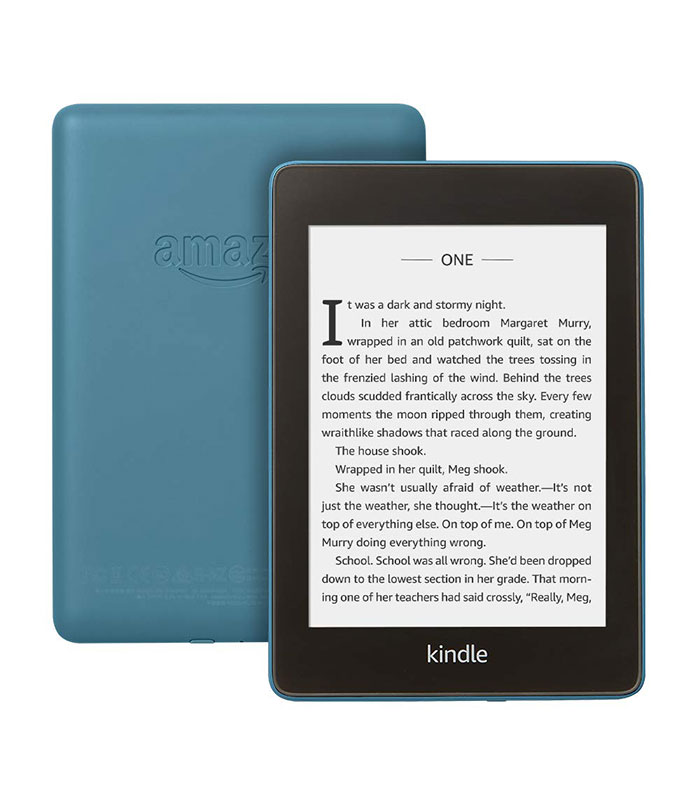
With everything set up, I was ready to test it the first night. I went about my usual routine and then got into bed at the same time, 10 p.m. I put my phone away and picked up my book. At first, it felt a little weird not doing my usual internet scrolling or app playing, but I soon became consumed with my book. Then, after about 30 to 45 minutes, I started to feel the pull of sleep. The first night I went to bed at 11 p.m.! I woke up feeling a bit more well-rested than usual and with a very smug feeling that I completed night one.
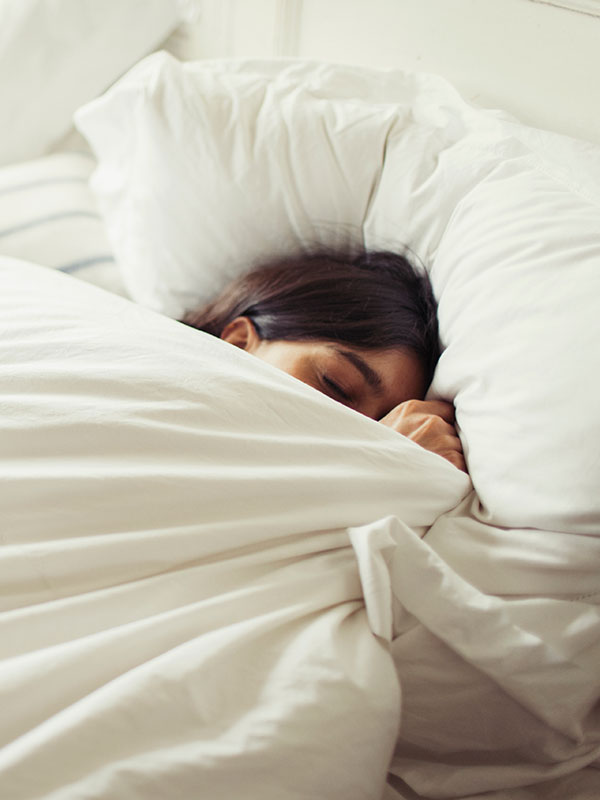
I tried my experiment for a whole week, but it wasn't exactly smooth sailing the entire time. Sometimes I would automatically reach for my phone to google something while reading, or I'd feel the urge to see what people were posting on Instagram. It was hard for me to not check all my emails before bed, and I did wonder if I was missing an important emergency work message. But for the most part, I enjoyed my no-phone time. It was easier for me to fall asleep, and it was nice to set aside time to read, something that I don't normally prioritize.
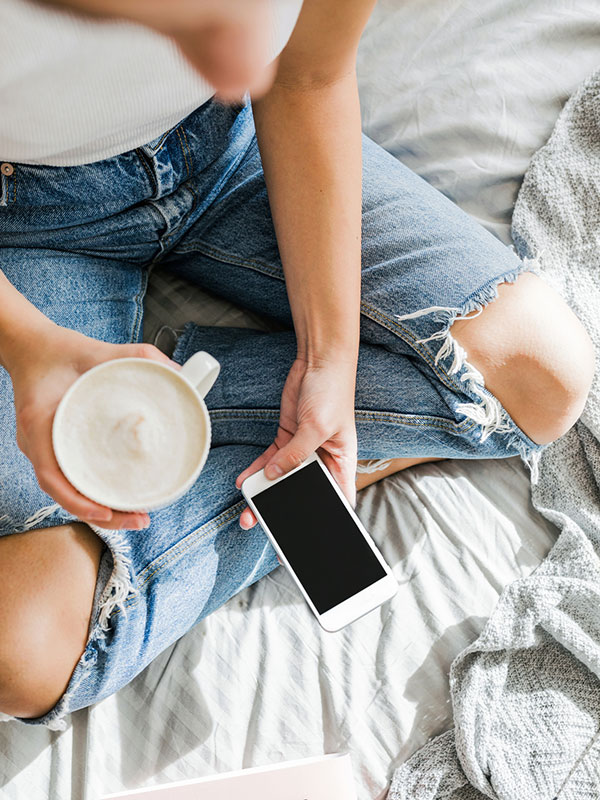
After the weeklong experiment, I wish I could say I gave up my phone before bed full stop, but I still look at my phone before bed some nights. I'm only human! The good news is it's not exactly automatic for me to reach for my phone anymore. I'm a bit more mindful of my bedtime routine, and my nighttime dependency on my phone isn't at a peak level. Right now, my game plan is to allow myself one or two nights to use my phone, and the other nights are for reading or just lounging until sleep comes. Maybe one day I'll be weaned off the phone at night entirely. Who knows? But for now, I'm not stressing about it or putting too much pressure on myself. That's about the last thing you want to do when you're trying to get some sleep.
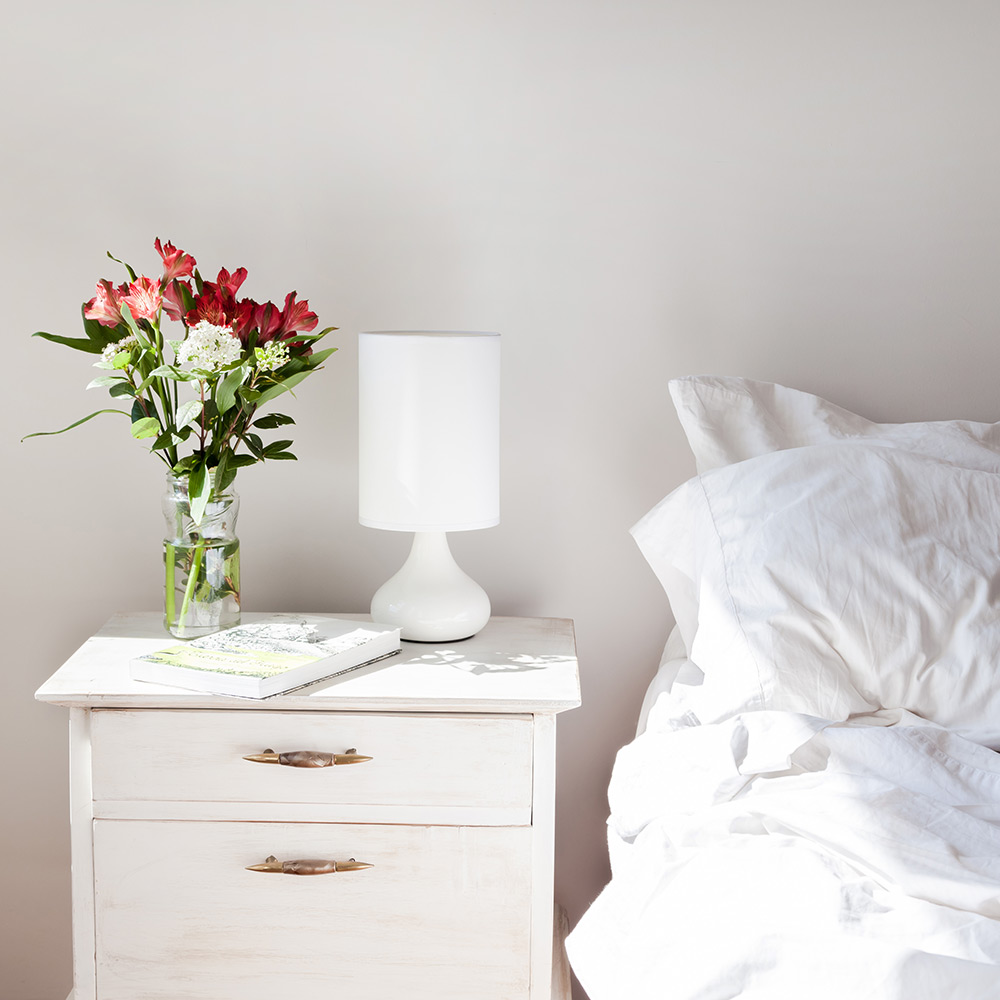
Now, I'm feeling pretty evangelical about the experiment and encouraging everyone I know to try it out (including you readers out there too). It really does help with getting to sleep a bit faster, and it was so nice to find time to read more. A few pointers if you do decide to give it a whirl: Come up with some rules, like the cutoff time for electronics. Find some things you can do before bed that won't disturb your sleep or keep you super alert. In addition to reading, you can also try knitting, journaling, or meditating. Keep your phone and your other devices out of reach, if possible. And while you might not have an article deadline to keep you accountable, you can get your friends or family to ask you about your progress, or if you have a bedmate, enlist them to help you stick to it.
Let me know if you try it and what you think. Send me a DM or comment on Instagram. I'm @sarahayang. Good luck!
Next up: How Eating a Plant-Based Diet Changed My Relationship With Food
Disclaimer
This article is provided for informational purposes only and is not intended to be used in the place of advice of your physician or other medical professionals. You should always consult with your doctor or healthcare provider first with any health-related questions.
Sarah is lifestyle writer and editor with over 10 years of experience covering health and wellness, interior design, food, beauty, and tech. Born and raised in Los Angeles, she attended New York University and lived in New York for 12 years before returning to L.A. in 2019. In addition to her work at Who What Wear, she held editor roles at Apartment Therapy, Real Simple, House Beautiful, Elle Decor, and The Bump (sister site of The Knot). She has a passion for health and wellness, but she especially loves writing about mental health. Her self-care routine consists of five things: a good workout, “me” time on the regular, an intriguing book/podcast/playlist to unwind after a long day, naps, and decorating her home.
-
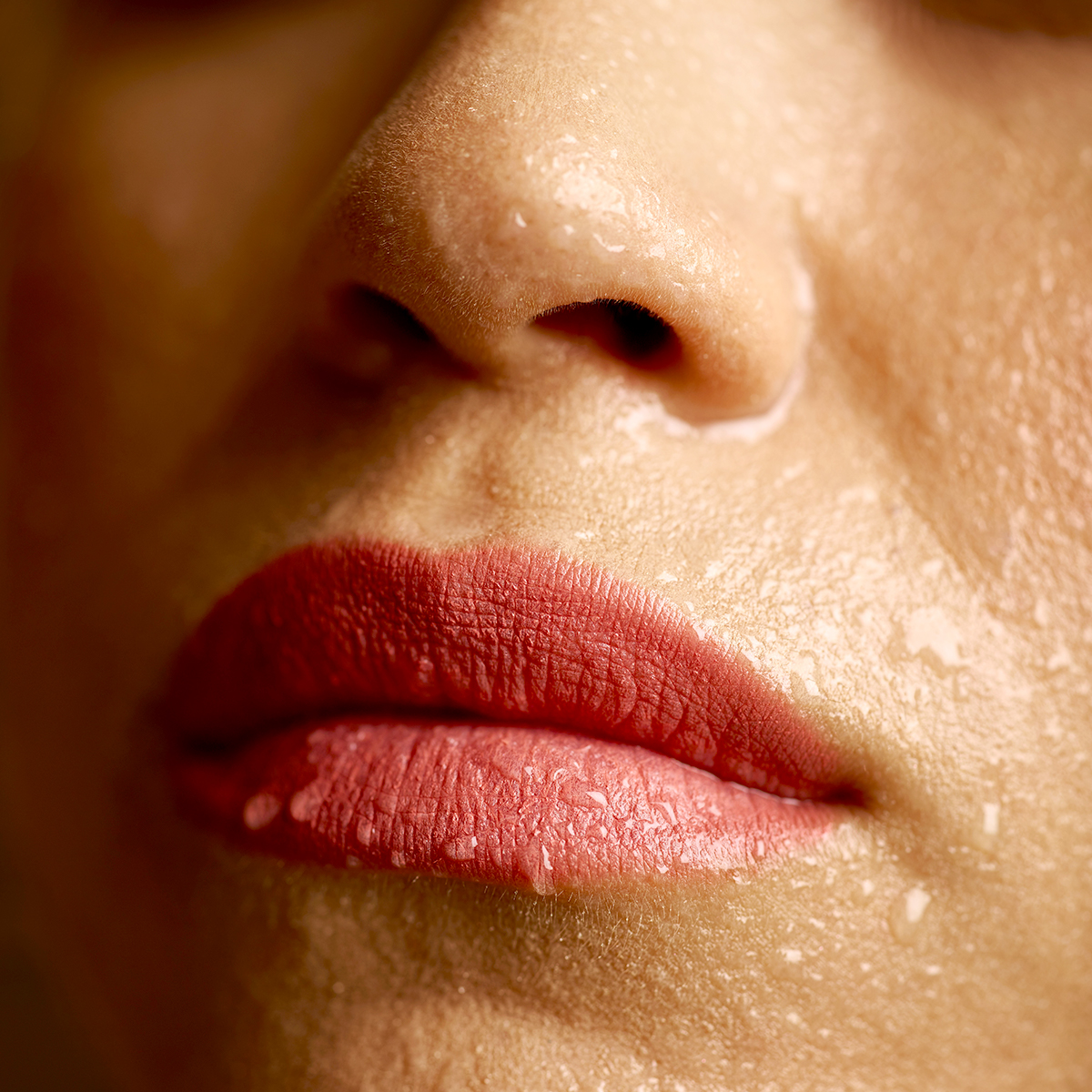 I Used a Portable Sauna Almost Every Day for a Month, and Now I'm a Believer
I Used a Portable Sauna Almost Every Day for a Month, and Now I'm a BelieverDo I have to give it back?
By Erin Jahns
-
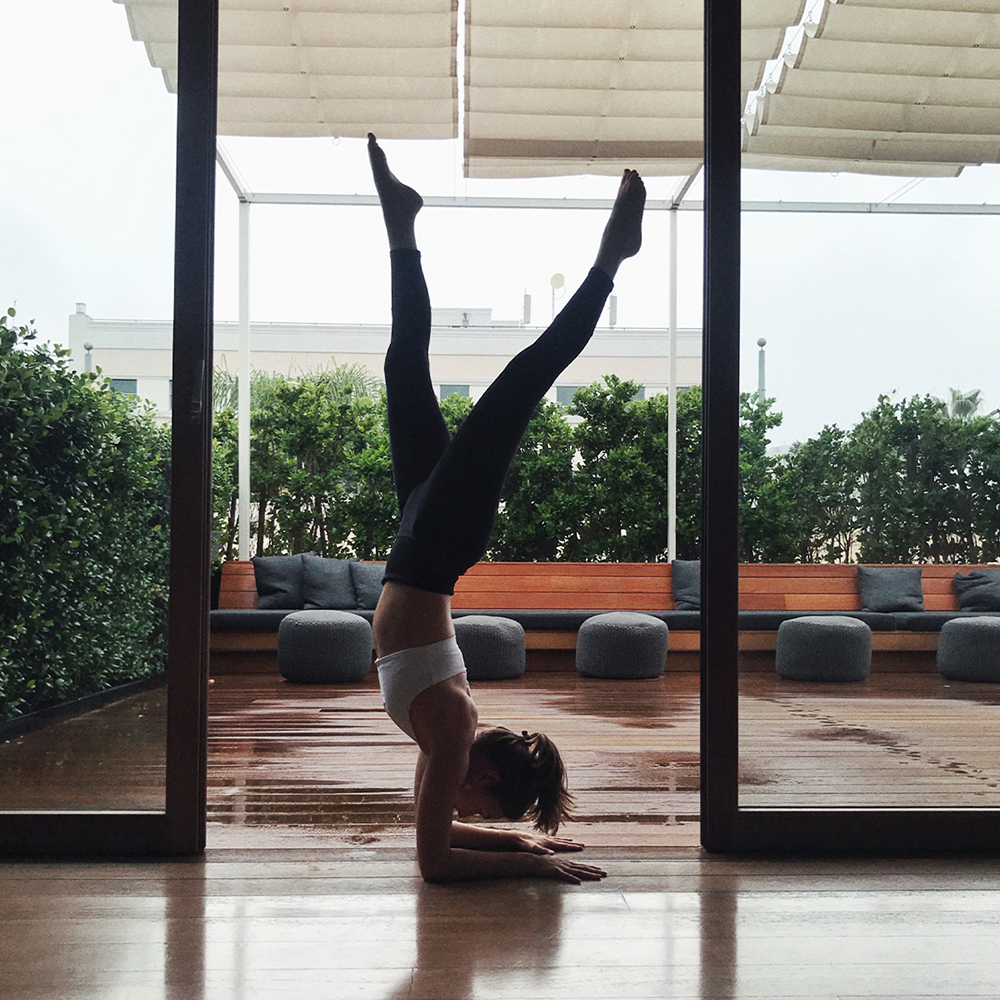 This Is What Happens to Your Body When You Do Yoga for 30 Days Straight
This Is What Happens to Your Body When You Do Yoga for 30 Days StraightI found a new appreciation for practicing yoga at home.
By Who What Wear
-
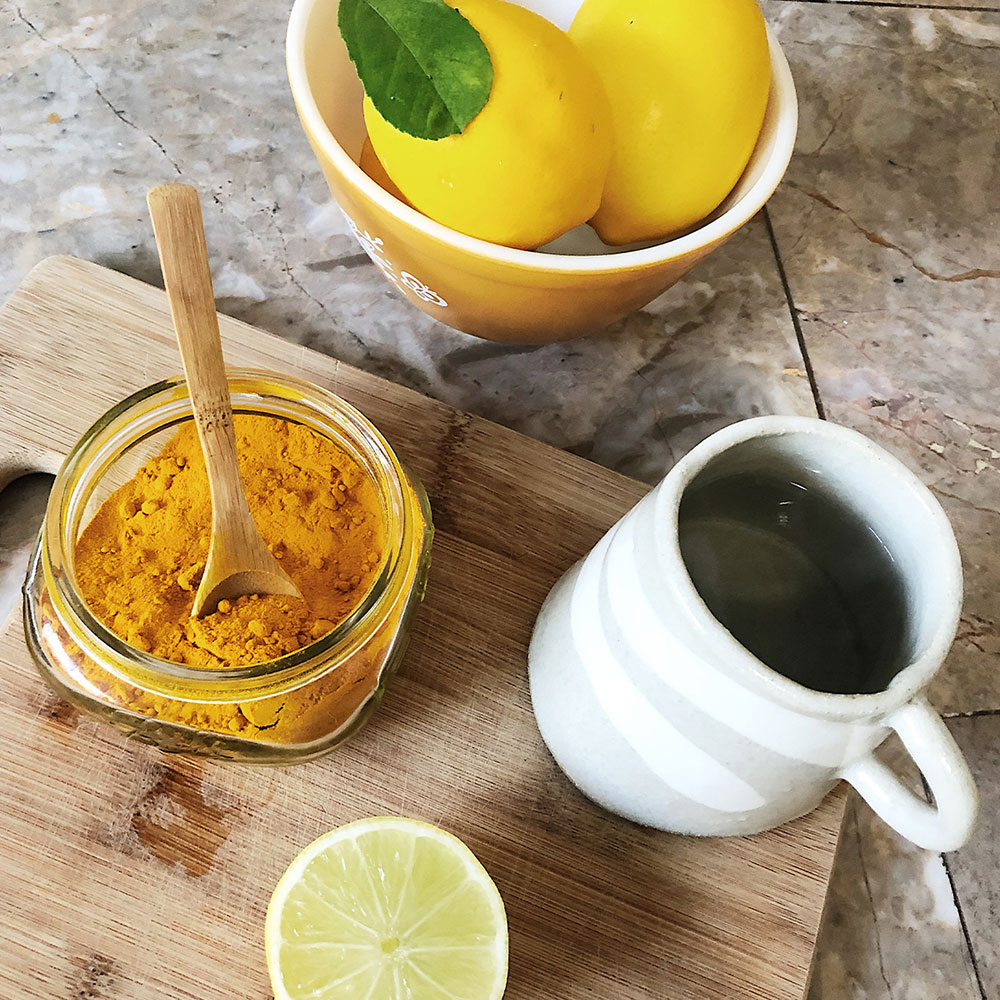 FYI: A Set Morning-and-Evening Routine Is the Best Thing You Can Do for Yourself
FYI: A Set Morning-and-Evening Routine Is the Best Thing You Can Do for YourselfGo on. Try it.
By Who What Wear
-
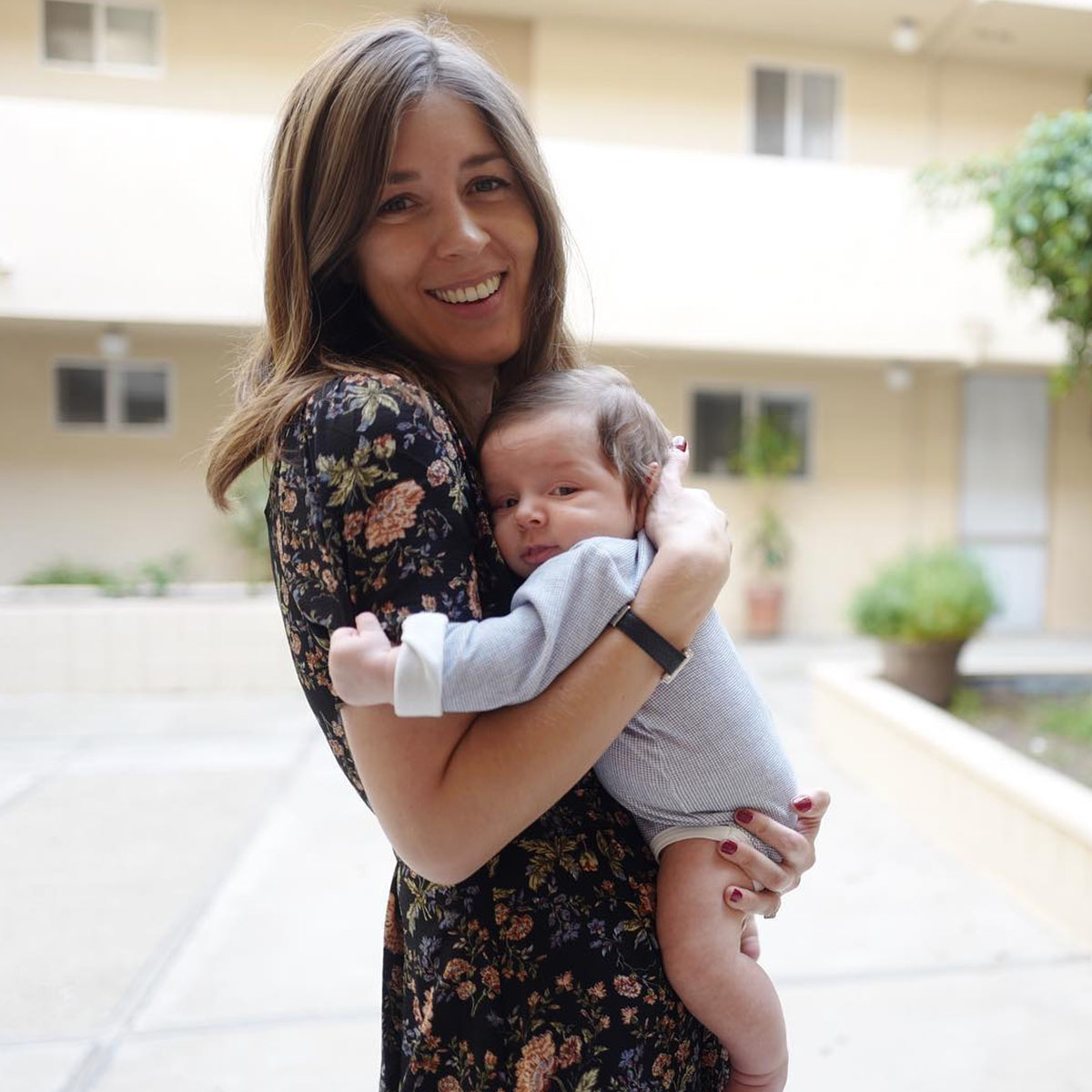 Taking 15 Mins for Myself Every Day Made Me a Kinder Mom, Wife, and Friend
Taking 15 Mins for Myself Every Day Made Me a Kinder Mom, Wife, and FriendI'm not going to lie—it wasn't always easy.
By Judith Jones
-
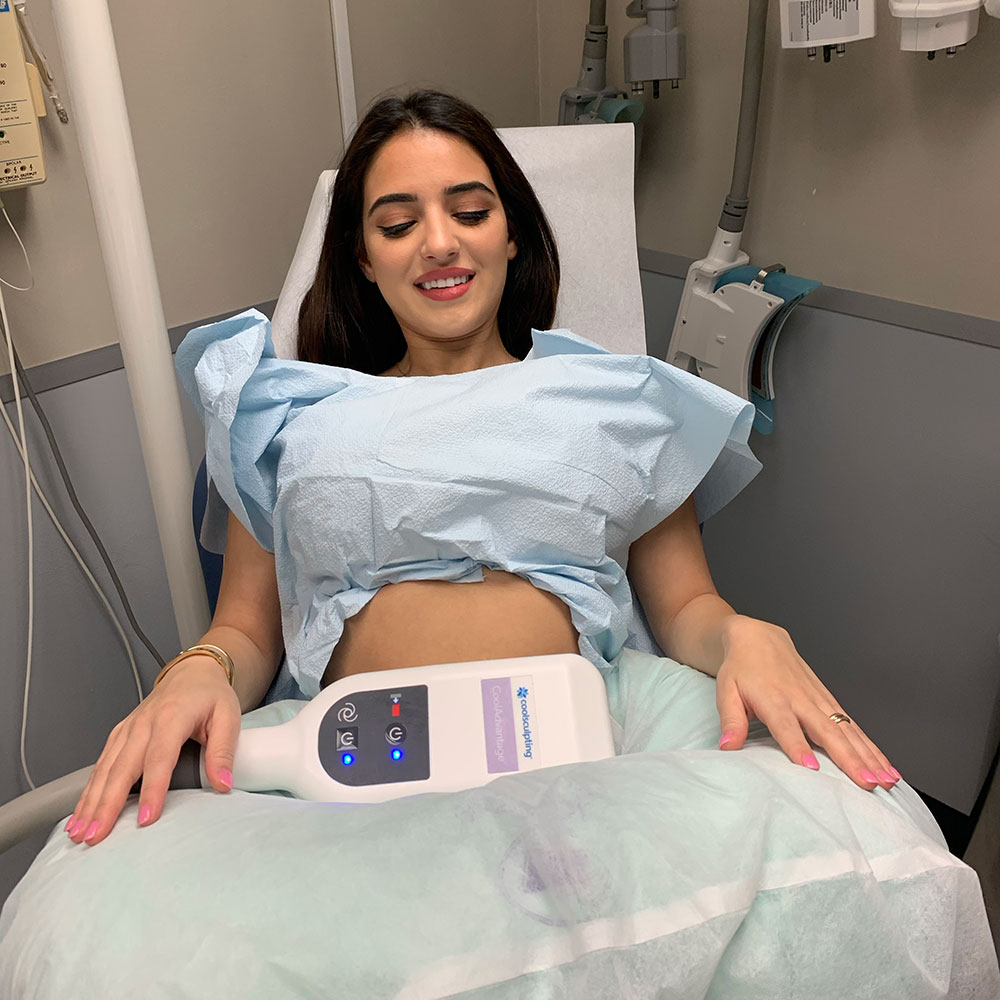 I Got CoolSculpting From Angelina Jolie's Dermatologist—Here's What Happened
I Got CoolSculpting From Angelina Jolie's Dermatologist—Here's What HappenedAnd what you should know before you get it done.
By Who What Wear
-
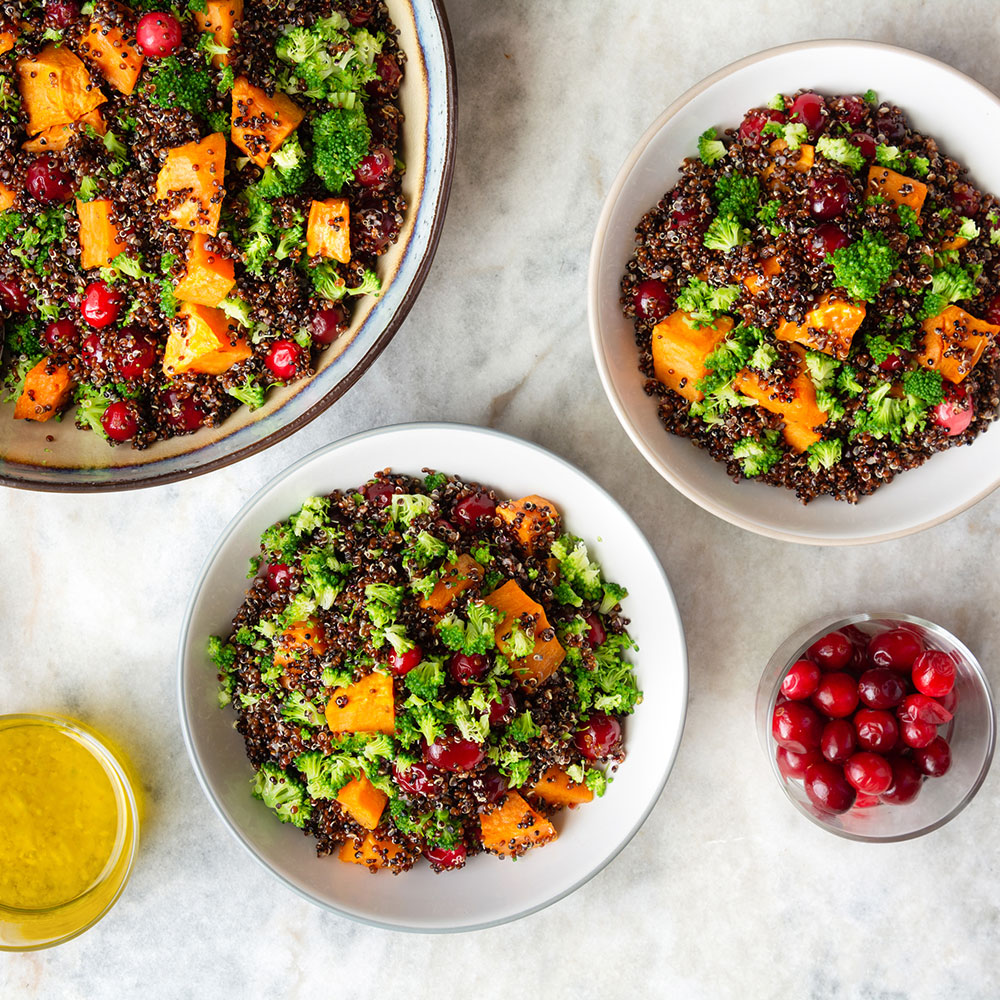 How Eating a Plant-Based Diet Changed My Relationship With Food
How Eating a Plant-Based Diet Changed My Relationship With FoodI learned a lot.
By Who What Wear
-
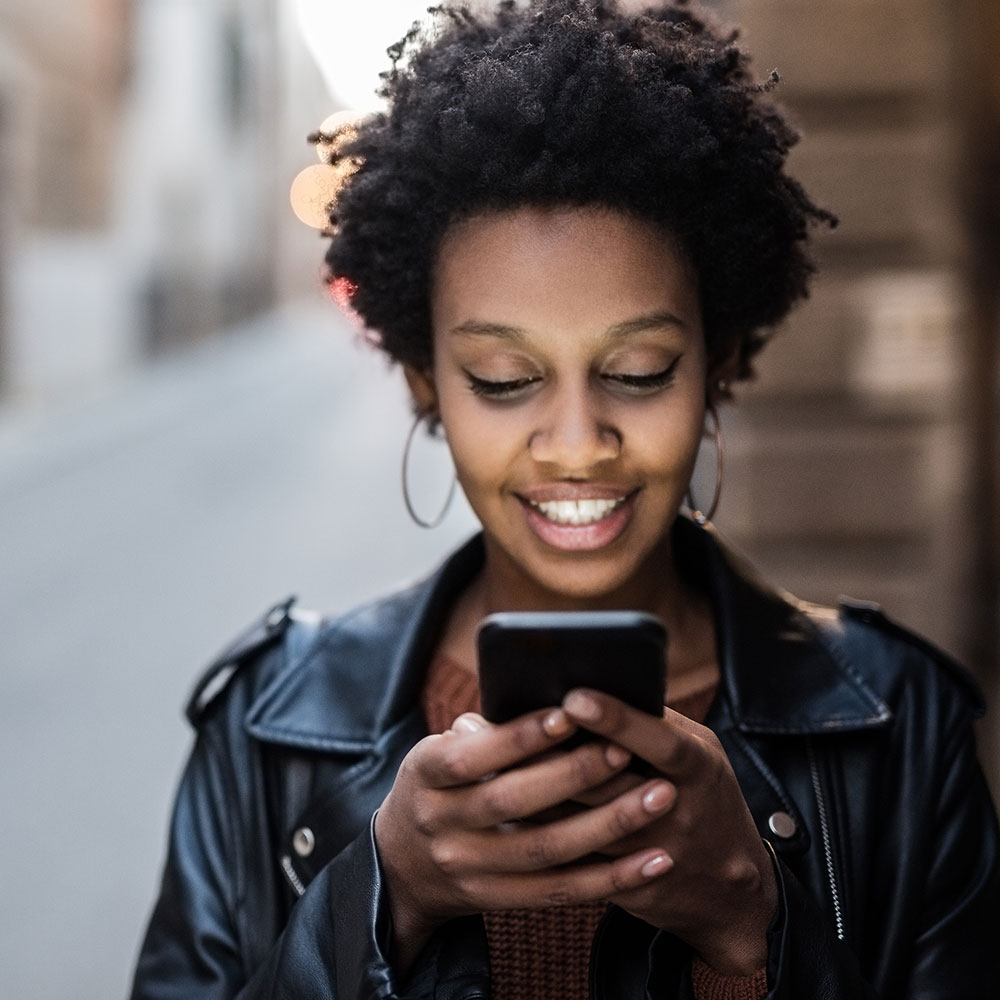 10 Things I Realized When I Quit Social Media for a Month
10 Things I Realized When I Quit Social Media for a MonthWhat happened when I logged off.
By Kia Topps
-
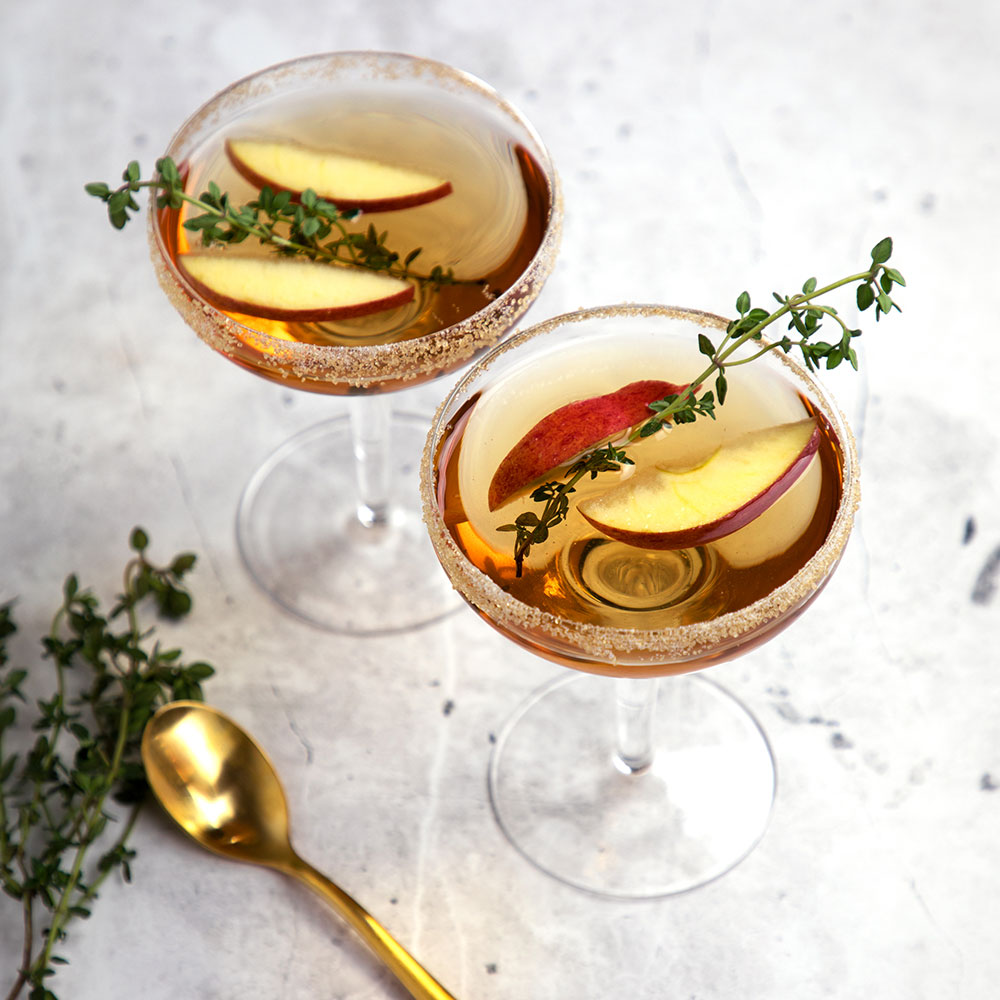 How Giving Up Drinking Improved My Health—in a Surprising Way
How Giving Up Drinking Improved My Health—in a Surprising WayIt shook up my lifestyle.
By Sarah Yang
